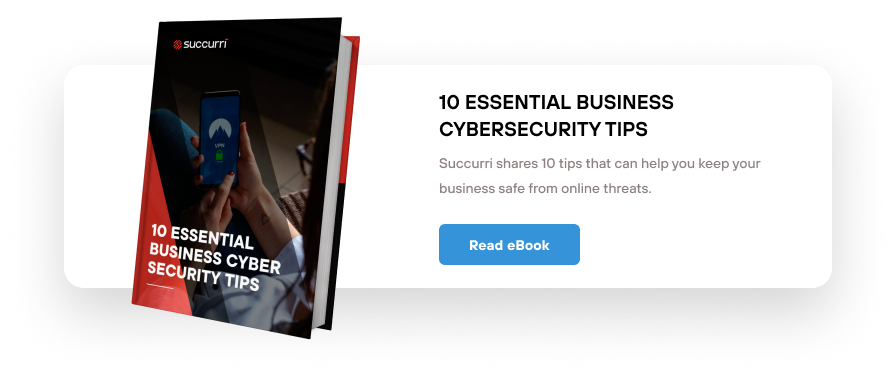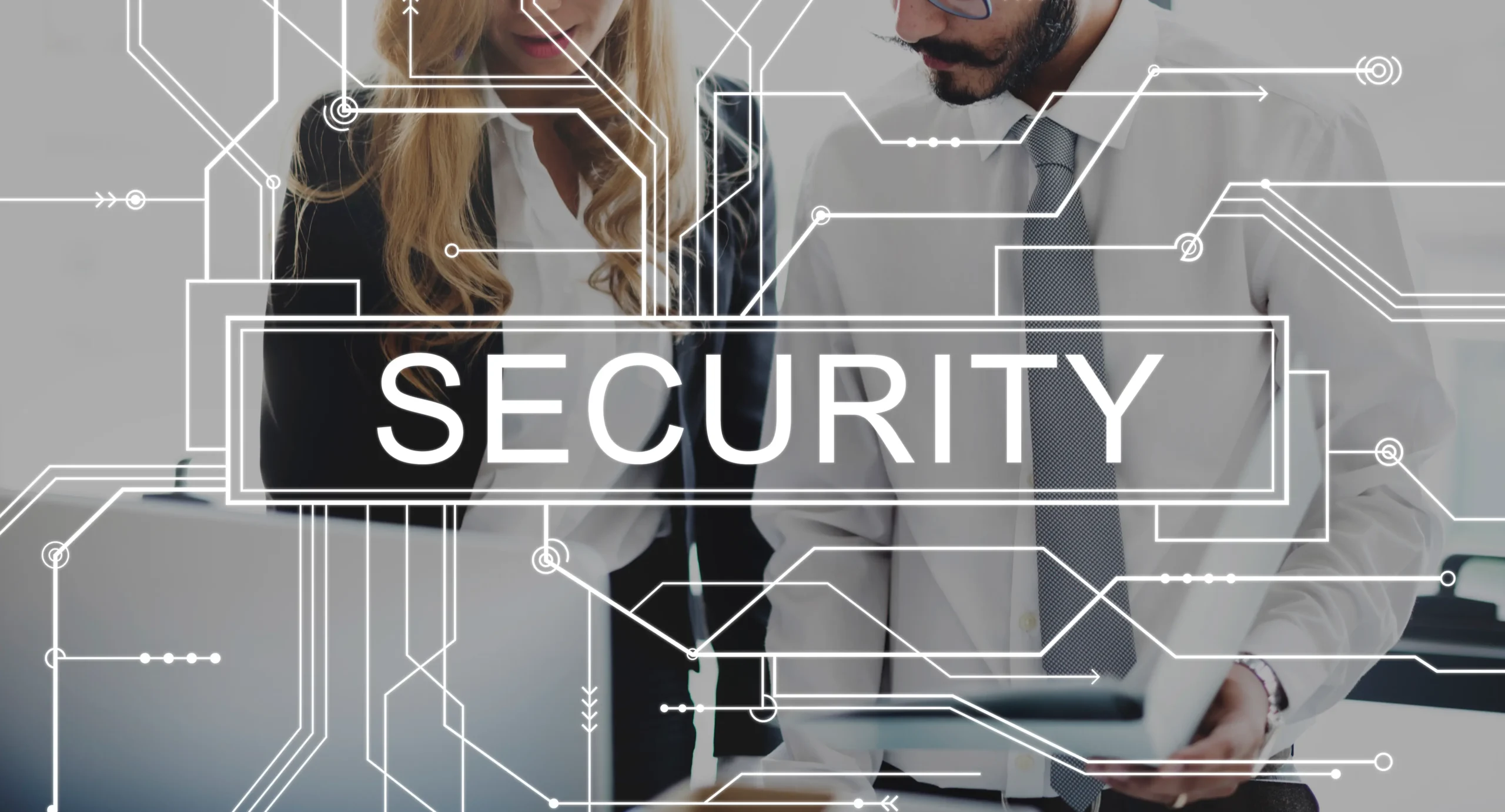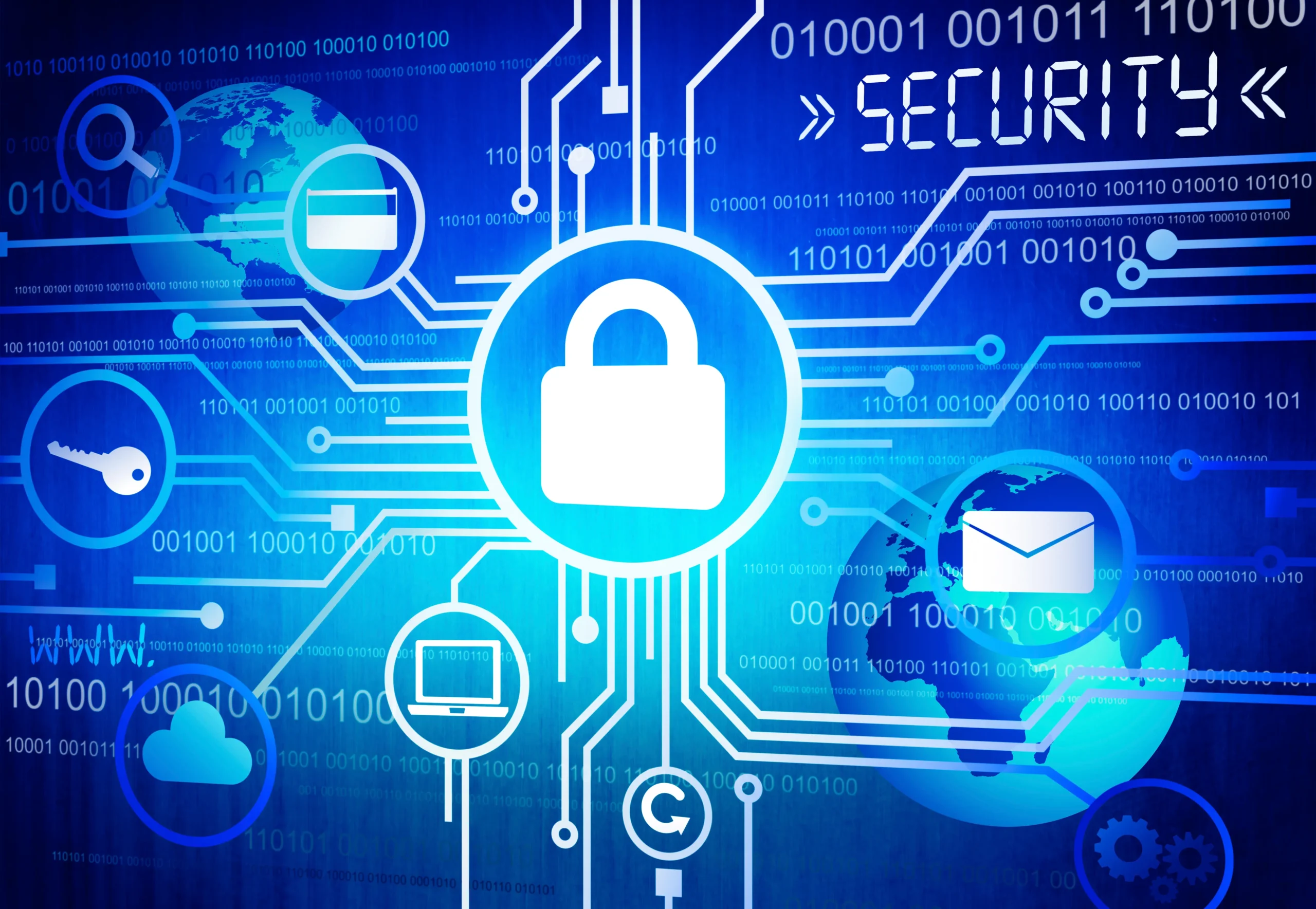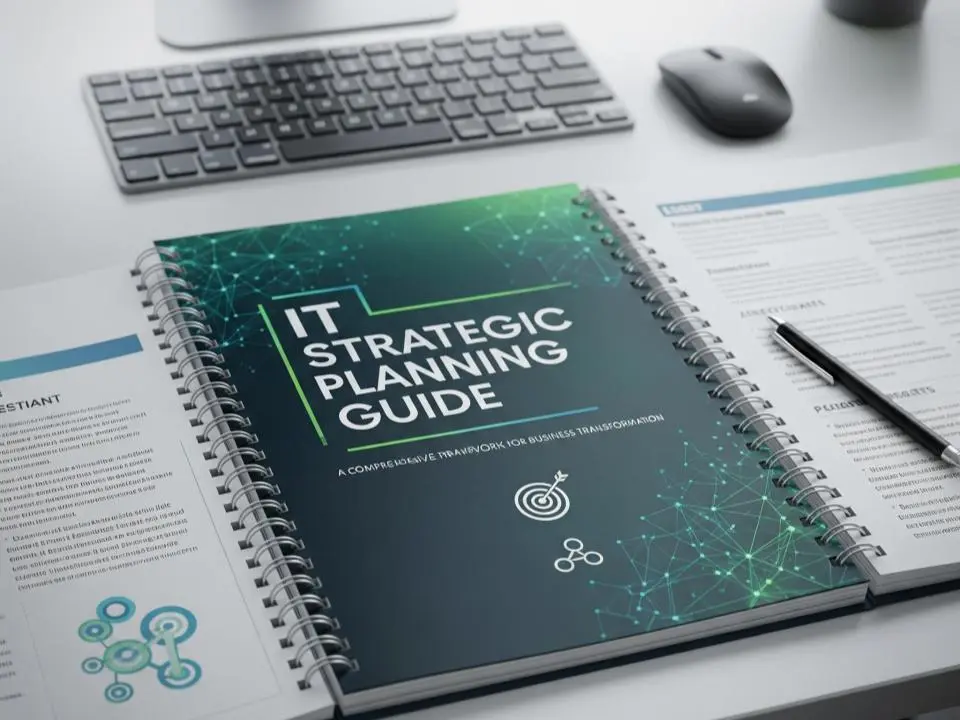
What Is CISSP?
CISSP is a globally recognized certification designed for experienced security professionals. To earn it, candidates must demonstrate knowledge across eight critical domains of cybersecurity:- Security and Risk Management
- Asset Security
- Security Architecture and Engineering
- Communication and Network Security
- Identity and Access Management (IAM)
- Security Assessment and Testing
- Security Operations
- Software Development Security

Why CISSP Is Different From Other Certifications
While there are many valuable certifications in IT and security, CISSP stands apart in several ways:- Enterprise-Scale Focus CISSP professionals aren’t just technical experts—they’re trained to design, implement, and manage end-to-end security programs that protect large organizations.
- Leadership and Governance Unlike entry-level certifications, CISSP emphasizes leadership, risk management, and aligning security with business strategy.
- Global Recognition CISSP is accredited to ISO/IEC 17024, recognized by governments and enterprises worldwide, and even required for certain U.S. Department of Defense roles.
- Proven Experience Candidates must have at least five years of paid, hands-on experience in two or more domains, ensuring they bring real-world expertise to the table.
What This Means for Your Business
When you partner with a team that includes CISSP-certified professionals, you’re not just getting security technicians—you’re getting trusted advisors capable of shaping a resilient security posture. At Succurri, our CISSP-certified experts deliver:- Strategic Risk Management – Identifying threats and aligning mitigation strategies with business goals.
- Stronger Architectures – Designing security frameworks that evolve with your organization.
- Trusted Compliance – Navigating complex frameworks like CMMC, HIPAA, NIST, and GDPR with confidence.
- Proven Leadership – Guiding IT teams, executives, and stakeholders to make informed security decisions.
Why Succurri Invested in the CISSP Certification
Cybersecurity isn’t static—it evolves daily. By maintaining CISSP certification, our team commits to ongoing education, peer collaboration, and staying current on threats and defenses. This means our clients can trust that we bring not only experience but also the most up-to-date insights into every engagement. “CISSP is more than a certification—it’s a mindset. It means approaching every decision with risk management, leadership, and business outcomes in mind. That’s the difference between checking boxes and truly protecting an organization.” Grant Eckstrom, vCISO
CISSP as the Standard for Trust
The CISSP certification stands as a benchmark of trust, knowledge, and leadership. When you see CISSP attached to a cybersecurity professional, you can be confident they bring the depth and breadth needed to safeguard your organization. At Succurri, we’re proud to employ CISSP-certified leaders who transform cybersecurity challenges into resilient business strategies. Learn More About CISSP and Succurri’s Security Expertise “CISSP tells our clients one thing very clearly: you can trust that we’re not just keeping up with cybersecurity—we’re leading the way.” Grant Eckstrom, vCISOKey Takeaways
- CISSP is the global gold standard in cybersecurity leadership, recognized by governments and enterprises alike.
- Breadth of expertise across eight domains ensures CISSP-certified professionals can manage enterprise-wide security programs.
- Real-world experience (minimum of five years) sets CISSP apart from entry-level certifications.
- Succurri’s CISSP-certified leaders provide strategic risk management, compliance support, and trusted security leadership for clients.
Frequently Asked Questions (FAQs)
1. What does CISSP stand for?
CISSP stands for Certified Information Systems Security Professional. It’s a globally recognized certification for senior cybersecurity professionals.
2. How hard is the CISSP exam?
The CISSP exam is considered one of the most challenging in cybersecurity. It requires mastery of eight knowledge domains and at least five years of professional experience.
3. Why is CISSP important for businesses?
Hiring CISSP-certified professionals ensures your business has experts who can align security strategy with business objectives, not just manage technical tasks.
4. Is CISSP better than other certifications?
“Better” depends on context. CISSP is often viewed as the gold standard for leadership-level security professionals, while certifications like CompTIA Security+ or CISM may focus on specific levels or areas.
5. How does Succurri use CISSP expertise?
Our CISSP-certified team members lead enterprise-scale security initiatives, manage compliance frameworks, and provide trusted guidance to protect clients against today’s evolving threats.





